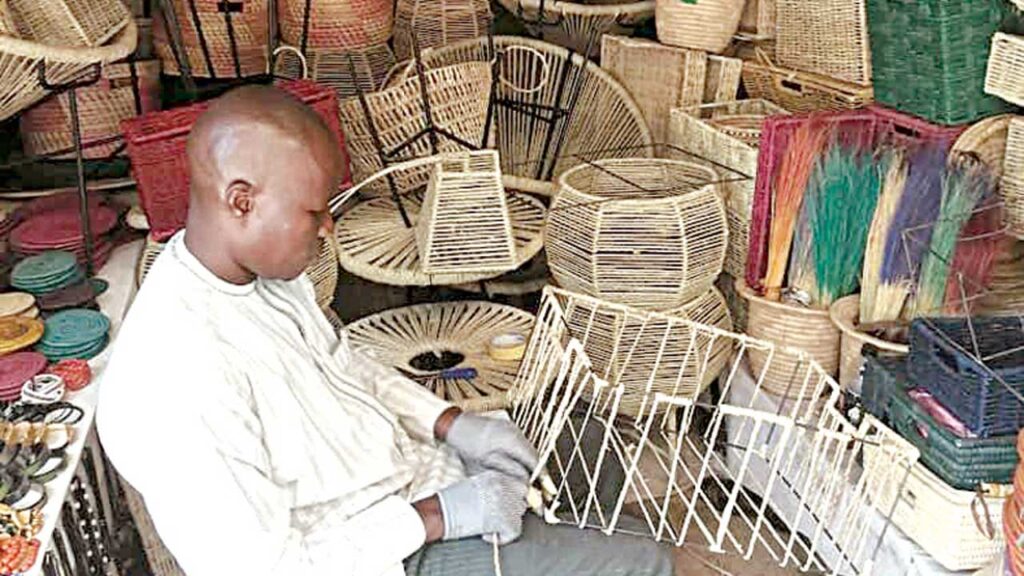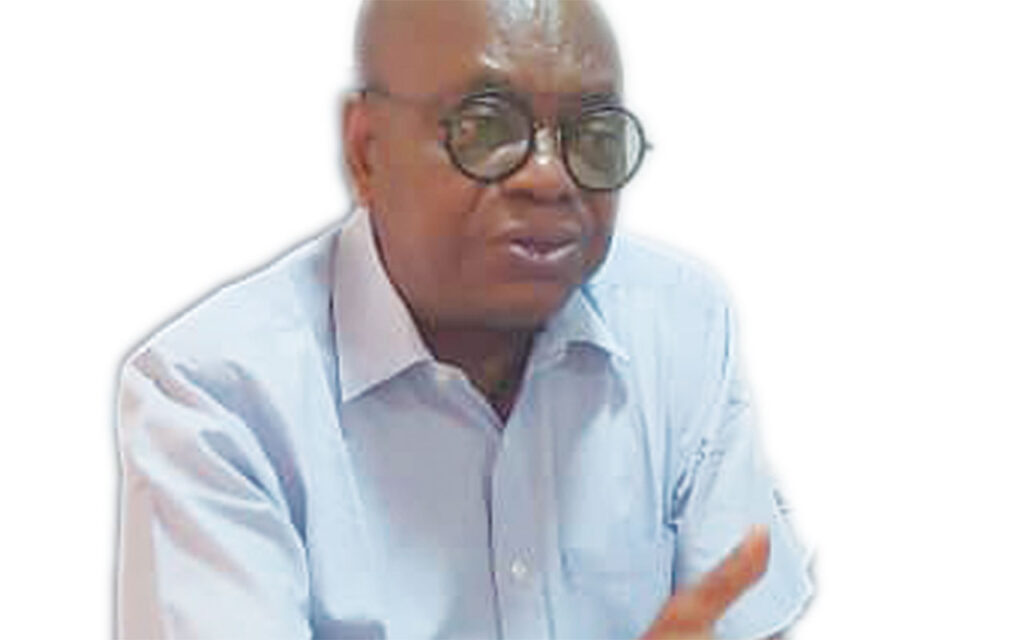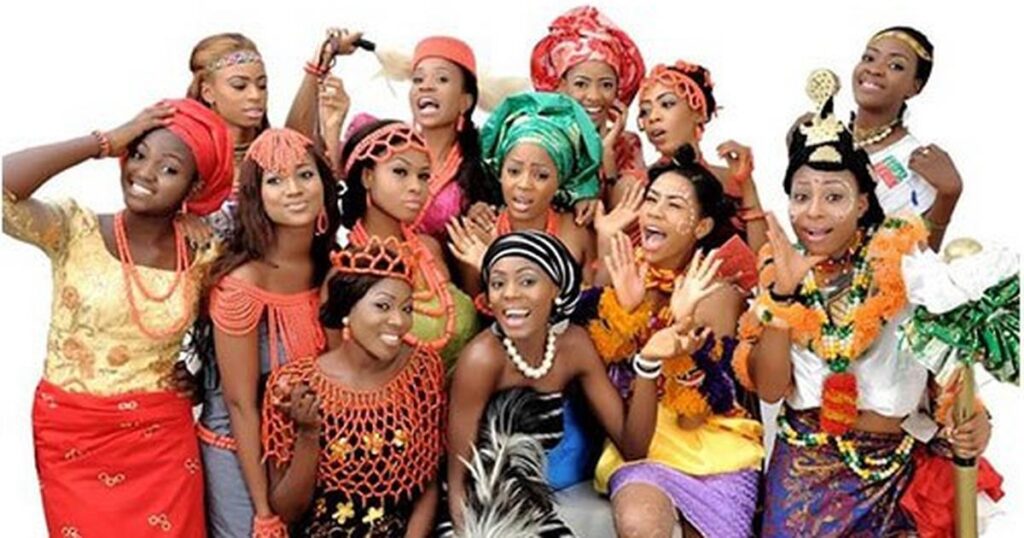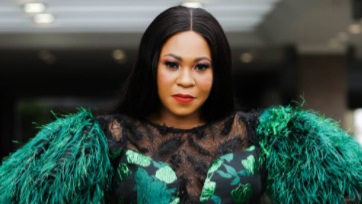
The Abuja Arts and Crafts Market, Jabi, is one destination in the nation’s capital, which residents may not know exist, but over the years, has become a port of call to tourists and holidaymakers.
Located in Jabi/Life Camp, along Airport Road, it is one of the biggest arts and crafts markets in the country, and you are sure to see a marriage of beautiful African arts and culture in the street.
Sculptures, traditionally woven baskets, handmade ankara, tie and dye clothes, artefacts, wooden carved images of both human and animals and lots of handmade bracelets, beads, slippers and shoes could be found in the market.
A trip round the market will show that Africans make 90 per cent of the works and goods displayed. Some of these works are also displayed in 5-Star hotels as decorations and for home beautification.
On a good day, you are sure to find both Nigerians and expatriates trooping in to get these works. A chat with some of the traders revealed that the market has been in existence for over two decades, with its customers from all walks of life including, Americans, Germans, Canadians, Israelis, Arabs and Africans.
They told The Guardian that sales have dropped, drastically, post COVID-19, as they barely make sales through the week. The traders unanimously agreed that sales were quite high before the advent of COVID-19, as they all looked forward to coming out daily, but this is not so now.
They said their expatriate customers have returned home to their countries, coupled with government’s policy, which is not favourable to the art merchants. Salisu Musa, a young man from Kano, who is into basket weaving and beads making, said sales for him was much higher before the lockdown, adding that despite life returning to normal, he is yet to have the type of sales he had before COVID-19 era.
He said some of his expatriate customers have returned to their countries and the ones around no longer patronise the place like before. Musa, who gets all his materials for production from a village in Kano, said, “I make all the basket myself. We have real African art works here with a little of bracelets from China, which is mixed with our own African beads to form a new design, but the basket is purely African.”
He urged Nigerians to return to buying works of arts, as “art is life.” For Ali Iliya Magaji, from Kebbi, who sells works made from bronze, iron, ebony wood and others, his patrons are mostly expatriates.
According to him, his major challenge is repatriation of some of his works back to the country. He said when tourist purchase his works and take back to their countries to keep in their museums, when Nigerians, who tour such countries see these works, they conclude that they were part of stolen artefacts from Benin, and thereafter, begin demand for repatriation of those works.
He appealed to Nigerian government to make proper enquiries and ask for receipt of purchase of these works as a means of confirmation of legal transaction whenever they see these works outside the country instead of making outright demand for repatriation.
Nkechi Udume, who sells works carved from wood, said she gets her client mostly from referrals. She also lamented the drop in sales and patronage and urged Nigerians to buy more art works to beautify their homes, office spaces and as gifts to friends and loved ones.
Richard Nake, a Togolese, who has been in the business all his life and has eked out a living in Nigeria for almost three decades selling them, said his works add beauty to existence and he is proud of his profession.
He said all the artists in the crafts market came together from different states of the federation, with a few, like him, from neighbouring African countries, joining to register with Corporate Affairs Commission. Subsequently, were able to start the market.
Nake also urged Nigerian government to help them get a place that would be their permanent sites, as sometimes, estate developers chase them around with claims that they own the land their market is located on.
“We need our permanent site. We are currently on the roadside and will like government to make here our permanent site. We need a place to call our own. Developers chased us from where we used to be. We need a permanent place where Abuja arts and crafts market will be located,” he added







